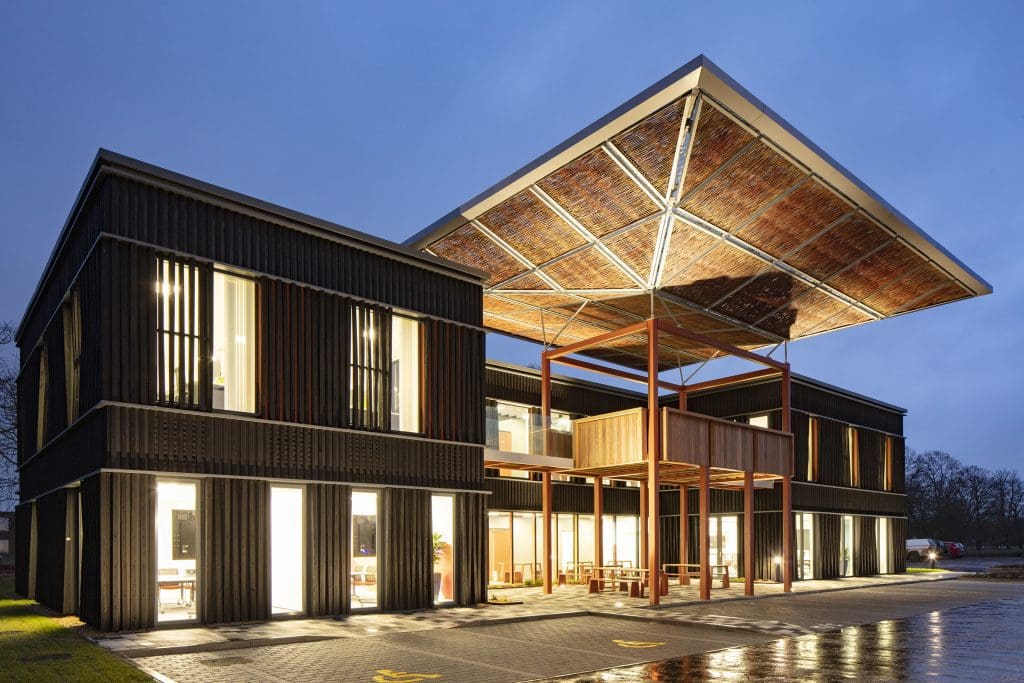The commercial sector is constantly evolving, and businesses must adapt to meet changing demands and stay competitive. One way to achieve this is through the use of efficient and adaptable building solutions.
In recent years, modular construction has gained popularity in the commercial sector, offering numerous benefits over traditional construction methods. In this blog post, we will delve into the world of commercial modular construction, discussing its benefits, applications, and key considerations to help you make informed decisions for your next project.
Understanding Modular Construction for Commercial Applications
Modular construction involves the offsite manufacturing of modules, which are then transported to the construction site for assembly. This method differs from traditional construction, where all work is performed on-site.
Benefits of Modular Solutions in the Commercial Sector
- Time savings and accelerated project completion: Modular construction is often faster than traditional methods, reducing construction time and allowing businesses to occupy their new space sooner and harness return on investment.
- Cost-effectiveness and budget control: With most work done offsite, modular construction can lead to more accurate cost estimates and controlled budgets.
- Flexibility and customisation options: Modular buildings offer a high degree of design flexibility, allowing businesses to tailor spaces to their specific needs.
- Enhanced quality control: Offsite manufacturing allows for better quality control and consistency in building components.
- Sustainability and eco-friendliness: Modular construction produces less waste and has a smaller environmental impact compared to traditional methods.
Popular Commercial Applications of Modular Construction
Modular construction can be applied across various commercial sectors, including:
Office buildings and workspaces: Providing efficient and flexible office spaces for businesses of all sizes.
Retail stores and shopping centres: Offering customisable retail spaces that can be easily adapted to suit changing needs.
Restaurants, cafes, and bars: Creating innovative and aesthetically pleasing dining establishments.
Hotels and hospitality facilities: Building modern and eco-friendly hotels that cater to the needs of guests.
Warehouses and storage facilities: Developing durable and adaptable storage solutions.
Key Factors to Consider When Choosing a Commercial Modular Solution
Before embarking on a commercial modular construction project, consider the following factors:
Identifying specific needs and project goals: Determine the purpose, size, and desired outcome of your project.
Evaluating site conditions and limitations: Understand any site constraints and requirements, including access, utilities, and environmental factors.
Ensuring compliance with planning and building regulations: Confirm that your chosen solution meets all necessary standards and requirements.
Considering budget and financing options: Establish a realistic budget and explore any available financing opportunities.
It is crucial for those considering commercial modular solutions to carefully assess their specific needs, site conditions, and compliance requirements, as well as choosing a reputable provider to ensure the success of their project.
By doing so, businesses can confidently embrace this innovative construction method to achieve their goals while staying competitive in the dynamic commercial landscape.
Contact us today to find out more.
Read out blog, Exploring Temporary Modular Building Solutions for Various Needs

